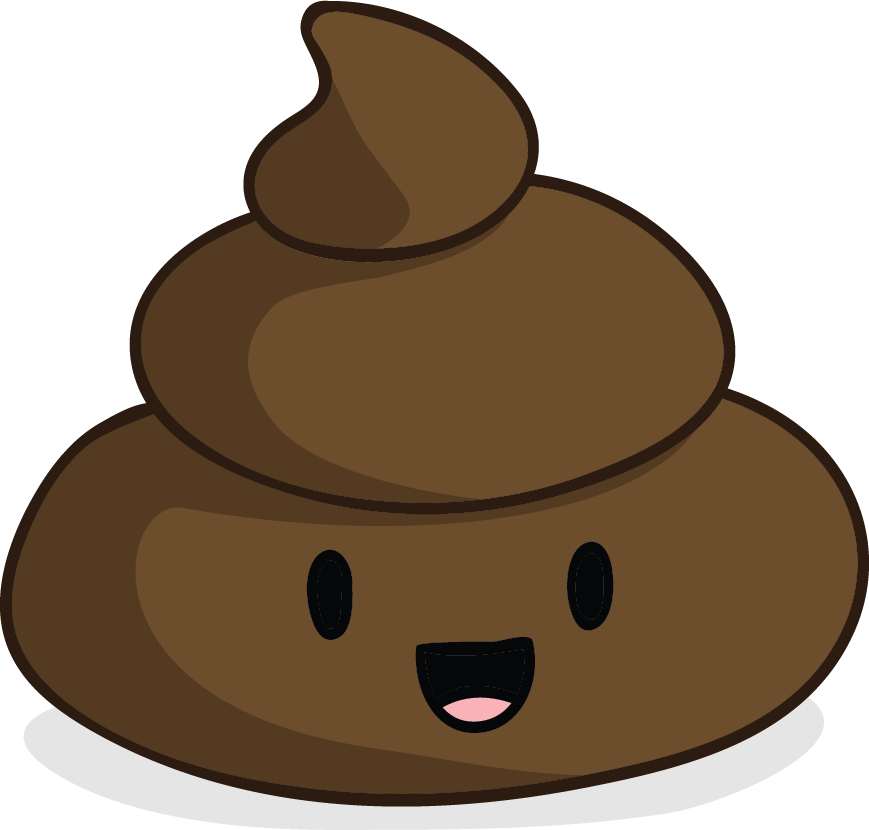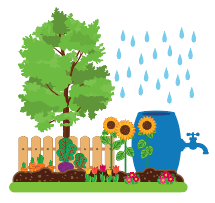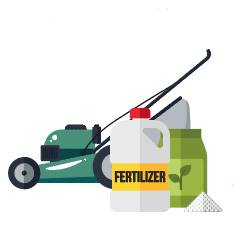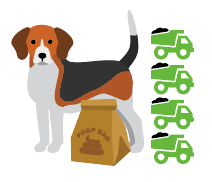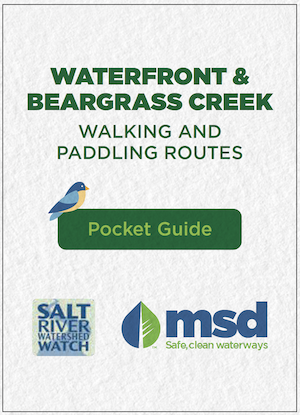What to do in the kitchen, bathroom, laundry, garden and yard to protect plumbing and sewers as well as improve local waterways
Kitchen and laundry
|
|
|
|
|
|
Bathroom
- Put diapers, floss, feminine hygiene products, paper towels and waste from garbage disposals in the trash, not down your drain.
- Know the Three P’s of Potty Safety - Pee, Poo and Paper. Never flush “flushable” wipes and other household items – these items do not break down and can cause serious problems for plumbing systems. This can lead to sewer backups in your home and MSD facilities.
- Do not flush medications. These substances are bad for our environment. Dispose of your medications at:
- Jefferson County Sheriff’s Office, 531 Court Place, Suite 600, M-F, 8 am to 4 pm, or
- St. Matthews Police Department, 3940 Grandview Avenue, M-F, 8 am to 4 pm.
Basement
- Disconnect your sump pumps from the sewer system.
Yard
- Decrease use of fertilizer and pesticides, especially when it may rain soon. These chemicals get carried to waterways where fertilizer fosters algae and pesticides harm plants and animals.
- Compost grass clippings. Grass clippings and leaves get carried off by rainwater to catch basins and drainage ditches and then to streams. They can also contribute to flooding.
- When you wash your car on a driveway or other paved surface, the wash water carries oil, grit and dirt to nearby catch basins, drainage ditches and waterways. In the yard, water will soak into the grass, so less will run off to catch basin or drainage ditches.
- Put pet waste in the trash. Pet waste that is left on the ground can contaminate waterways.
- Disconnect downspouts from the sewer system.
- Direct downspouts away from paved surfaces so nature can filter rooftop pollutants before they reach waterways.
- Plant a rain garden to capture stormwater runoff (see our Rain Garden Plant Guide for gardening ideas).
- If you see a leaking sewer pipe or a clogged storm drain/catch basin, please report it to Customer Relations.
Outdoors
Get to know Beargrass Creek




